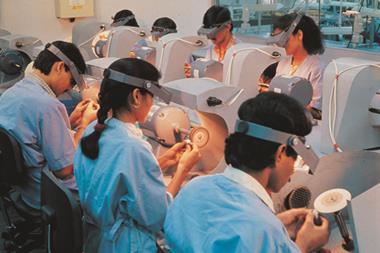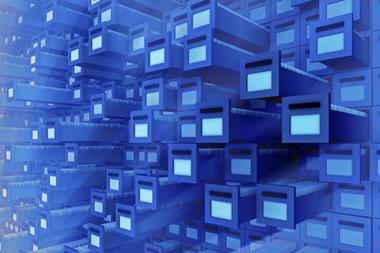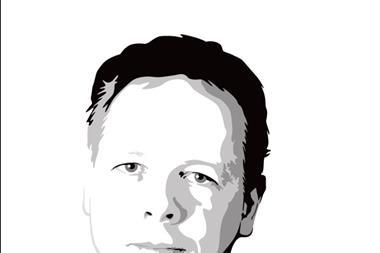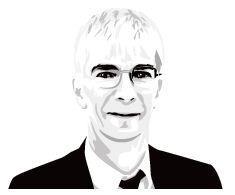Last year presented some major and largely unexpected problems for European companies including political and civil unrest as well as the supply chain impact of natural catastrophes. Will the next year produce any improvement?
In developed countries, technological advances coupled with globalisation have proved to be a two edged sword. On the one hand, they have provided those companies fastest to adapt with huge opportunities for profit growth. Generally, technology means that businesses can reduce their employee count while outsourcing services and production to cheaper markets overseas minimises outlay. As these less developed markets mature in terms of population wealth, in turn they provide a growing outlet for such goods and services.
Balanced against this is reliance on businesses whose cultures and regulatory standards often do not match those of their western customers and whose geographical locations may present risks of disruption from natural catastrophes. Further, outsourcing jobs is resulting in some European countries in a discontented and potentially disruptive unemployed youthful ‘underworld’ with a growing risk of crime and violent behaviour.
As businesses increasingly rely upon technology, they are also becoming more exposed to what the World Economic Forum’s Risk Report this year describes as “the dark side of connectivity”. The report points out that it is increasingly possible for skilled individuals to cause devastating geopolitical and business damage remotely and anonymously through networked computer systems.
We have already seen one consequence of this with the ever growing number of data breaches that have occurred. There is every reason to expect that these will escalate in the next year.
There is little cause for optimism in the short-term while long-term prospects also look risky. Perhaps the greatest threat – not only for businesses but for the planet in general – is over population combined with growing wealth which are putting pressure on resources and destroying biodiversity. Consequent climate change may increase the incidence of natural catastrophes.
Scientists say that the Holocene epoch which began after the Ice Age is now over. We have entered a new geological time zone – the Anthropocene – commonly known as the Age of Mankind. Undoubtedly, this will also be an age of greater risk.
Andrew Leslie, European Editor, StrategicRISK



















No comments yet